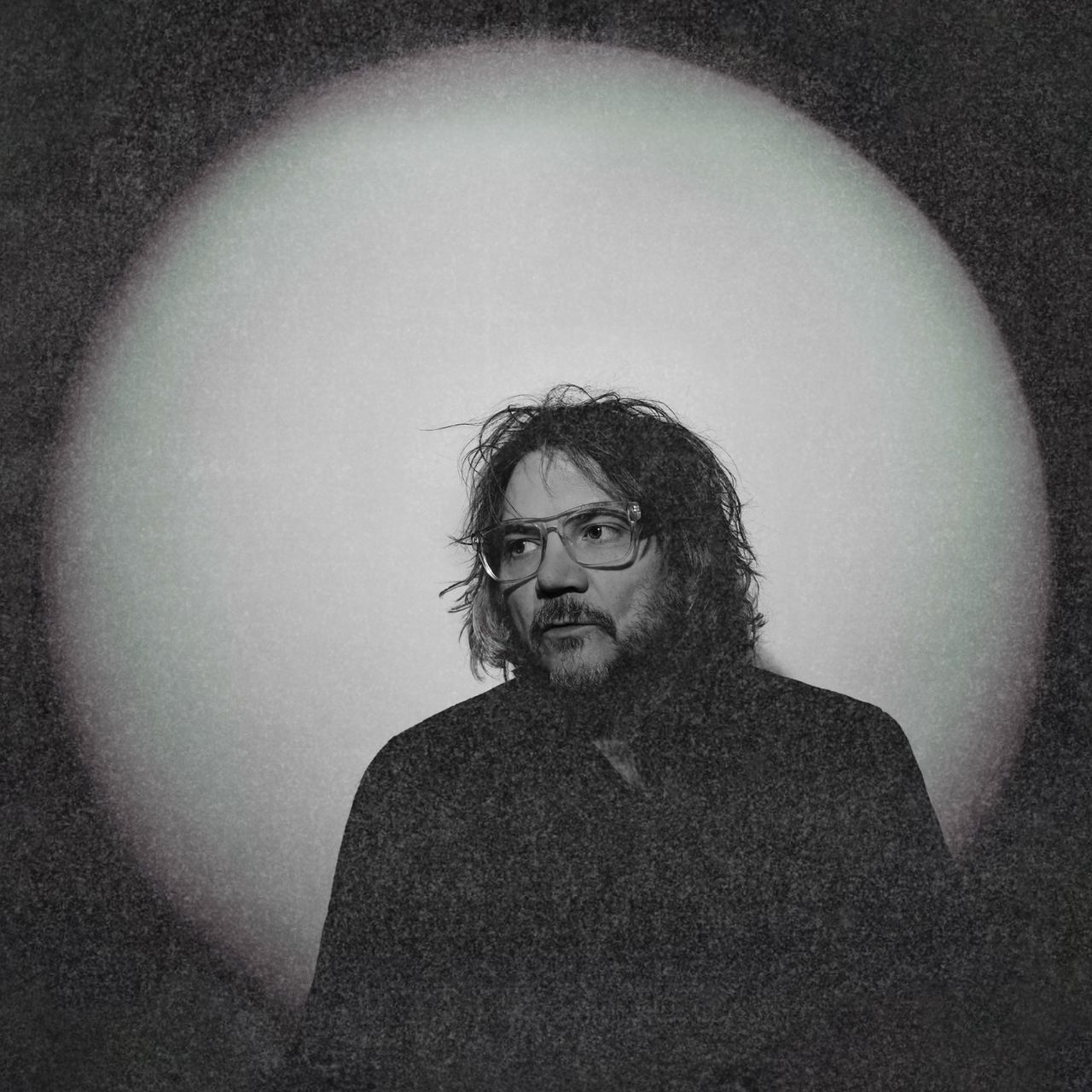Here’s a brief and highly incomplete list of 30-plus song albums: The Beatles’ 1968 White Album, weighing in at a tight but nervous 30 on the nose. Neil Young’s career-spanning-to-date 1977 collection Decade, checking in at 35. The Clash’s immersive 1980 cross-cultural dreamscape Sandinista!, doing one better at 36 tracks. Add to this number Jeff Tweedy’s own 30-song hippie-jazz-pop-odyssey Twilight Override, which brings together the sundry threads of the now four-decade-long career of one of our great melodicists and oversharers. At 58, at the height of his stature and creative ability, he remains irritatingly ambivalent and unknowable and funny and compelling in equal measure. Come to think of it, the album Twilight Override resembles most is Bob Dylan’s 1970 contract-breaker-panic-attack double LP, Self Portrait—widely derided at the time but profoundly hilarious, melancholy, and rewarding—which, at 24 songs, wandered between weird new compositions and obscure covers. Twilight Override is comprised of only strange, beautiful, and threadbare originals, but the sense of glorious indulgence is straight 1970 Dylan. What is this shit? How much time do you have?
Tweedy. The Randy Newman of maximalism—thrilled to offload the dumptruck of his mind at any interval, arguably with no editing—but of course this one is on us, having reveled in the long-form permissiveness of Being There and Summerteeth and the double disc Tweedy-family-band album Sukierae, and yes, even the sanctified Yankee Hotel Foxtrot with its recent reissue—11 different versions sequenced different ways, on different mixing boards, all telling a different story about a great album that was itself probably a couple of tracks too long. We bought it all, by which I mean we purchased it at Record Store Days and on special offers. Or at least I did. Twilight Override is the inevitable end point. It is the thing he was always ramping up to.
And it’s pretty great. The antsy minor key opener “One Tiny Flower” starts off evoking the overlooked Paul Westerberg solo classic “Even Here We Are,” before evolving into the sort of jam you might have heard in the more pastoral moments of All Things Must Pass. “Caught Up in the Past” drifts into Tweedy’s too-occasional Todd Rundgren mode, with a lilting keyboard hook and fetching harmonies enlivening yet another meditation on dark portents and parting clouds. “I get so far behind/I forget I’m following,” he avers in his by-now indelible raspy warble—another of his peculiar, Zen-adjacent koans that double as bracing self-assessment. “The ashtray says/You were up all night,” he once told us, like the ashtray was narcing on him. He has a tendency to indict inanimate objects, as he does on the sedative-funky “Mirror,” which suggests something like Al Green backed by Eric’s Trip and makes an unlikely miracle of the intuitively obvious couplet observation: “You are a mirror and the face/You are an object and the space.”
